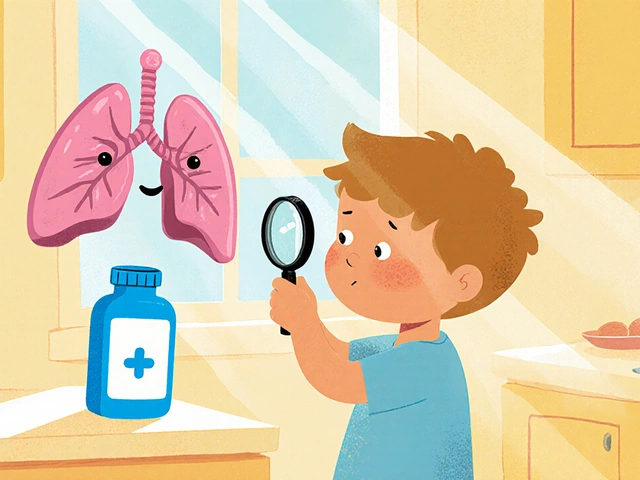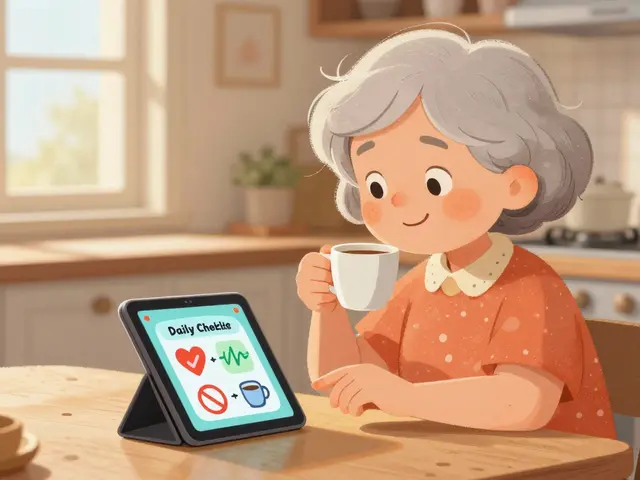Daily Dosage: Simple, Safe Rules for Taking Medicines Every Day
Taking a medicine every day sounds easy, but small mistakes add up. This page gives clear, practical tips to help you manage daily dosages—so pills work and side effects stay low.
Start by reading the label. The number on a pill bottle tells you how much to take and how often. If a label says “take 1 tablet once daily,” that usually means one whole tablet each day, not half in the morning and half at night. If you're unsure about mg or milliliters for liquid meds, ask the pharmacist to show you the measuring tool that comes with the medicine.
Timing matters. Some drugs work best in the morning (like many blood pressure medicines), others before meals (certain diabetes drugs), and some on an empty stomach (levothyroxine is a common example). Follow the label or your doctor’s instructions. If you struggle to remember, link doses to daily habits—take meds with breakfast, brush teeth, or before bedtime.
Missed dose and doubling up
If you miss a dose, check the leaflet or ask your pharmacist. Often the rule is: take it as soon as you remember unless it’s almost time for the next dose. Don’t double up to make up for a missed tablet unless your provider told you to. For chronic meds like blood pressure pills or statins, consistency matters more than exact timing.
Practical tips for daily dosing
Use a pillbox or set phone alarms. Small investments—weekly pill organizers, blister packs from the pharmacy, or medicine apps—cut mistakes. If a tablet is large, a pill cutter can help. Don’t crush or split coated or extended‑release pills unless your pharmacist confirms it’s safe.
Watch interactions. Some foods and supplements change how drugs work—grapefruit juice affects certain cholesterol drugs, calcium can block some antibiotics, and vitamin K alters warfarin. Keep a list of all medicines, vitamins, and herbal products and share it with your prescriber.
Adjustments for age and health. Kid and elder doses often differ; infants get liquid forms measured by a syringe, older adults may need lower doses due to kidney or liver changes. If you have kidney disease, many drugs need dose changes—ask a clinician for guidance before changing doses yourself.
Storing and safe use. Store meds as labeled—some need refrigeration; others should avoid heat. Keep medicines in original containers with labels intact. Dispose of expired drugs safely; many pharmacies run take‑back programs.
When to call the doctor: if side effects start, you notice new symptoms, or a drug seems ineffective after a few days, reach out. Never double or stop long‑term meds without checking in. Your healthcare team can adjust dose, timing, or switch to a better option if needed.
Daily dosage doesn’t have to be stressful. Clear labels, a few tools, and open communication with pharmacists and doctors keep your treatment working and your life simpler.
If you travel, pack a copy of prescriptions and keep medicines in carry-on to avoid delays or loss and damage.




